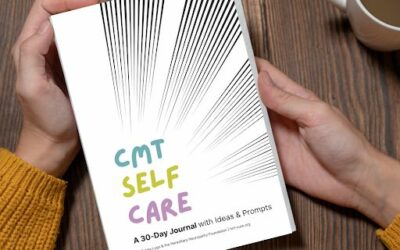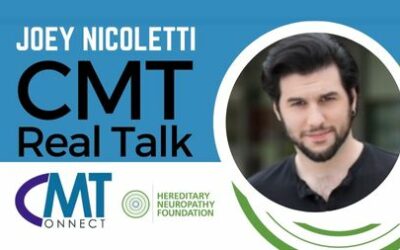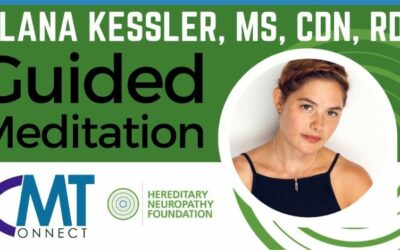 Meditation is an ancient mind and body practice that can offer many benefits for those living with Charcot-Marie-Tooth disease and other related inherited neuropathies.
Meditation is an ancient mind and body practice that can offer many benefits for those living with Charcot-Marie-Tooth disease and other related inherited neuropathies.
According to the National Center for Complementary and Integrative Health (NCCIH), meditation is practiced by around 18 million adults in the US. While the tradition of meditation is based on religious and spiritual philosophies, today meditation methods have evolved as a popular means to reduce stress, lessen anxiety, and promote a state of calm and well-being.
Current research is revealing more significant benefits of a consistent meditation practice. These benefits could greatly improve the quality of life for those living with CMT and other INs.
Reduced Brain Aging
Most research on the aging brain focuses on the risk factors contributing to deteriorating brain health, not factors aimed at enhancing brain health. A recent study in Frontiers in Psychology set out to examine whether long-term meditation has the potential to reduce brain aging.
The study found that age-related gray matter loss was less pronounced in long-term meditators than in controls. While further research is needed to determine the true potential of meditation on brain health, this study supports the hypothesis that meditation is “brain-protective” and associated with reduced brain aging.
Improved Sleep
A good night’s sleep is hard to come by in the hyperconnected, always-on world we live in. Around 50-70 million people in the US have some form of sleep disorder. Sleep disturbances are most common among older adults, and usually goes untreated.
Could meditation be the key to more zzz’s?
A study in JAMA Internal Medicine investigated the efficacy of meditation on older adults with moderate sleep disturbances.
Participants assigned a standardized mindful awareness practice showed significant improvement in sleep quality compared to those assigned a sleep hygiene education program.
Reduced Pain
Pain management can be challenging for the CMT patient. Chronic pain is a leading cause of disability in the US, affecting nearly 100 million Americans.
Mindfulness meditation reduces pain in experimental and clinical settings. But it’s unclear whether pain reduction is the result of the placebo effect or by specific neural pathways.
A study in the Journal of Neuroscience reports evidence demonstrating that mindfulness meditation produces greater pain relief and recruits distinct neural mechanisms compared to placebo.
The unique way meditation affects the brain may encourage health care professionals and CMT patients to add meditation to their pain management protocols.
Do you practice meditation?
If so, how has it helped you?
Share your experiences on our HNF Facebook Page and on our online CMT Support Community.












0 Comments